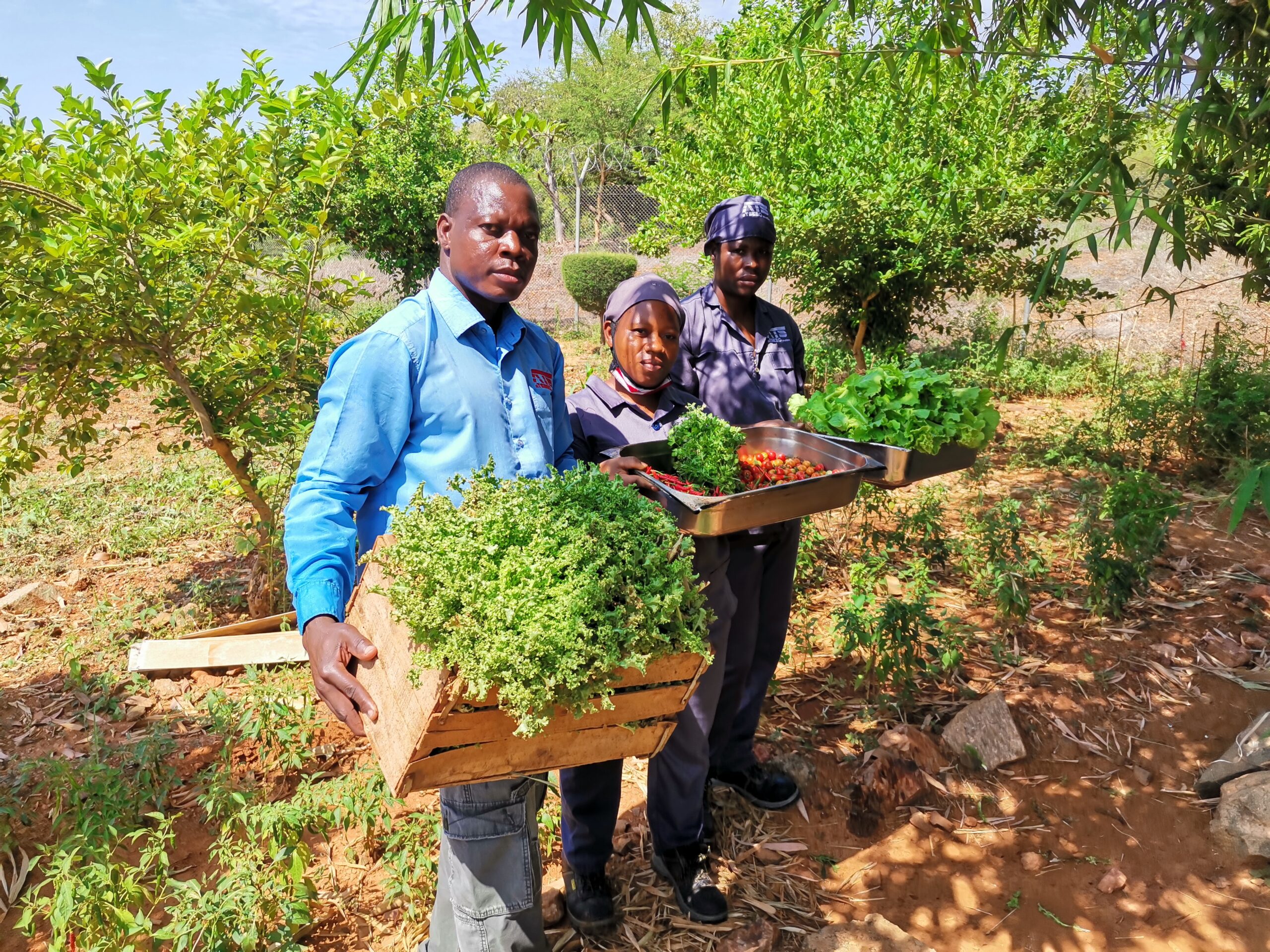With over 20 years of experience in remote-site management, Allterrain Services (ATS) Inc forms part of Tsebo and is regarded as the first truly Pan-African Facilities Services-Group. ATS’ Legacy Project shapes the backbone of how the company operates, focusing on local employment, training, and community development as its number one priority. ATS believes that it can bring growth to Africa by investing in the talent of the communities in which it operates.
ATS’ operational spend is focused on environmental, social, and corporate governance (ESG), the majority of which is social, owing largely to its local procurement policies. “We allocate 91% of our spend on the direct support of goods and services, supplier training, and certification of local communities,” says Sharon Beulich, Director of Business Development and Head of Community Development at ATS. “We have developed a sustainable supply chain that meets global standards in and around the communities of the 25 countries in which we operate”.
The company’s decision to rely predominantly on local talent and suppliers has brought new opportunities to thousands of people. For some individuals, it’s the first formal employment they’ve ever had. ATS runs a professional recruitment process through local authorities and chiefs, offering training programs both online and in person, translated into many different languages.
ATS also deploys experts in various divisions from what it calls its ‘centre of excellence’ to rotate through its project sites, maintaining high-level operational and training quality through a continuous approach to learning and development. These experts range from catering and hospitality to housekeeping and more. Maintaining this approach across a plethora of remote African areas comes with its own set of challenges, including dialect barriers, which ATS consciously navigates. “It is critical that we always have people in the training sessions that are fluent in the local languages”, notes Beulich.
Part of the Legacy Project focuses on empowering local suppliers through an extensive plan for capacity building, skills and knowledge transfer, and technology development. “For example, training programs for community farmers in order to equip them with modern methods of operating businesses to take them from subsistence to commercial farming,” explains Beulich. “Some are now at export grade, exporting their tomatoes to neighbouring countries or shipping them globally. It’s all about helping individuals improve their technical and professional skills.”
Of its local suppliers, 65% of those businesses are supplied by women, a focal point in ATS’s development plan. Over 25,000 women, mostly in agro-based operations like fruit production and sowing, form part of the growing supply chain. But growth doesn’t stop there, the facilities management provider highlights the importance of ingraining the company fully through shared ownership in each locale.
“How can we achieve greater opportunities collaboratively by having local shareholding as well?”, begins Beulich. “Many of our local entities have local shareholding that complies with the local legislations of the countries in which we operate. We’ve embraced localisation to develop scale and greater cohesion within the countries and the communities in which we operate.”
Every remote site has a community liaison officer, whose exclusive responsibility is to seek and leverage opportunities to improve local employment and local supplier development. Some of ATS’ projects have included building and managing greenhouses, abattoirs, poultry projects, bio-diesel operations, and mega vegetable plantations–which can produce upwards of 10 tons of vegetables a year. The company was the the first facilities management company to be ISO certified in Africa and has now achieved ISO 9001, ISO 14001, ISO 22000 and ISO 45001.
With an average local employment rate of 75%, ATS is one of the largest employers of personnel from communities in remote project sites throughout Africa. Its Legacy Project helps provide new opportunities and ensure a growing Africa that is proudly built by the talented hands of its people.









